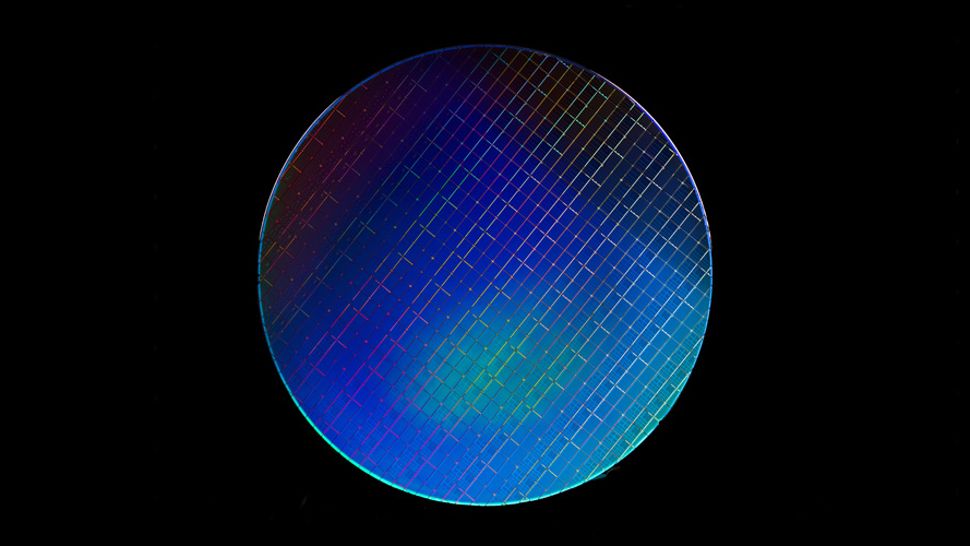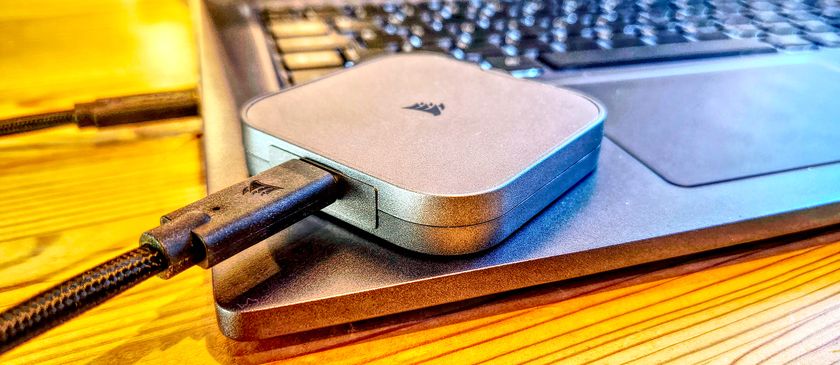Intel has just squeezed a ‘quantum computer’ onto a silicon chip
Spin qubit chip is a simple first step, but potentially points to the way forward in quantum computing

Intel’s quest to produce a commercially viable quantum computer just took an impressive step forward with the revelation that it has developed a ‘spin qubit’ chip based on traditional silicon, in conjunction with QuTech.
In other words, this points to the possibility that quantum processors will be viable using silicon and existing commercial manufacturing methods, which is obviously good news when it comes to the implementation of next-gen computing.
The spin qubit concept is an alternative approach Intel is exploring for realizing quantum computing – alongside superconducting qubits – and the firm notes that it very much resembles semiconductor electronics as we know them.
Spin qubits work by utilizing the spin of an electron – which can be controlled using tiny microwave pulses – and can be classified as ‘up’ or ‘down’ to correspond with the traditional binary values of 0 and 1. But the real trick here is that the electrons can also exist in what’s called a ‘superposition’ of a spin that’s up and down simultaneously.
And that capability adds a whole new dimension of computing, and a whole lot more power, with the ability to potentially crunch massive sets of data in parallel – and much faster than a traditional processor.
Positive spin
Developing a functioning quantum computer is a mammoth task fraught with numerous complex challenges, but the good news about the spin qubit approach is that it offers a number of advantages over superconducting qubits.
That includes the fact that silicon spin qubits are smaller and effectively stronger – in other words, with a longer ‘coherence time’ which will help when it comes to scaling up to a usable full quantum computer.
Are you a pro? Subscribe to our newsletter
Sign up to the TechRadar Pro newsletter to get all the top news, opinion, features and guidance your business needs to succeed!
They can also operate at higher temperatures, and as Intel explains, this “could drastically reduce the complexity of the system required to operate the chips by allowing the integration of control electronics much closer to the processor.”
As mentioned, Intel is currently working with QuTech on this technology, and this week, at the annual meeting of the American Association for the Advancement of Science, there will be a presentation on the successful creation of a two-qubit spin-based quantum computer which is capable of being programmed to perform a pair of simple quantum algorithms.
It may be a simple first step, but it’s an important one. Check out the video above for a further explanation of what this is all about as detailed by QuTech.
As a final note, there are those who don’t believe quantum computing is the best way forward – like Fujitsu, as we discussed in this article.
- Our best business laptops may not have quantum CPUs, but they’re nippy
Darren is a freelancer writing news and features for TechRadar (and occasionally T3) across a broad range of computing topics including CPUs, GPUs, various other hardware, VPNs, antivirus and more. He has written about tech for the best part of three decades, and writes books in his spare time (his debut novel - 'I Know What You Did Last Supper' - was published by Hachette UK in 2013).
Most Popular







